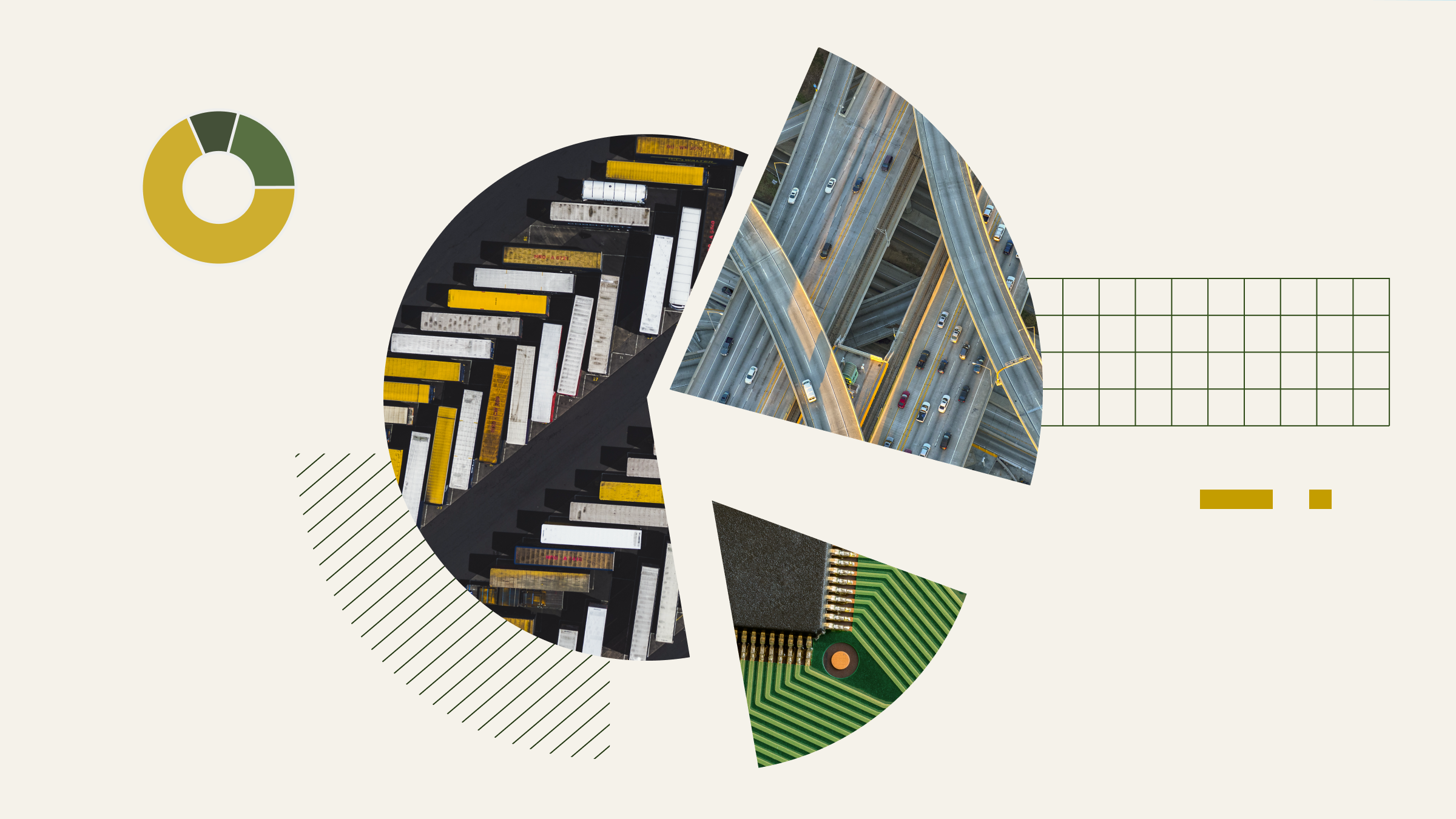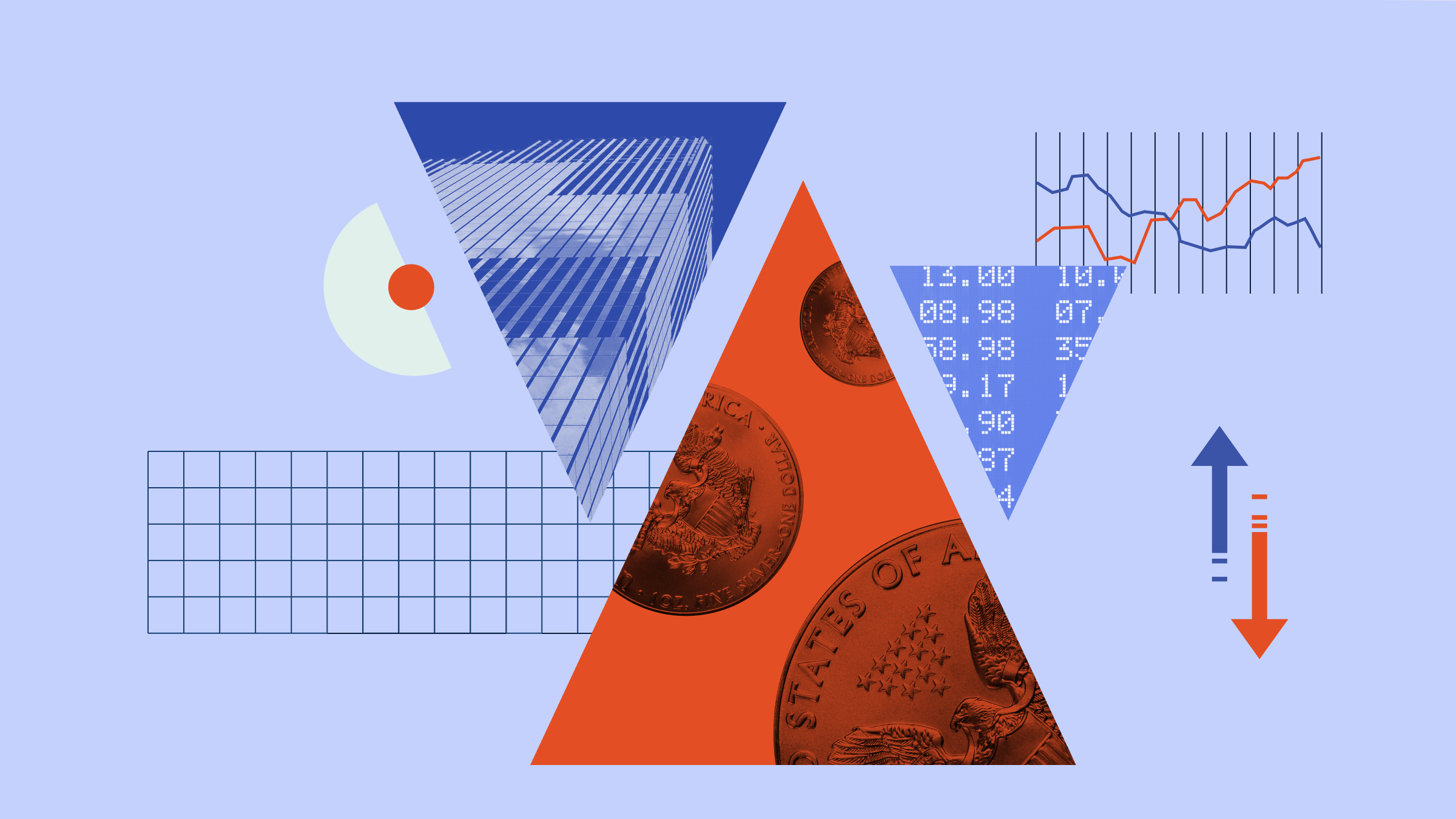Emma Wall: Hello and welcome to the Morningstar series, Why Should I Invest With You. I'm Emma Wall and here with me today is Marcus Brookes of the Cazenove Multi-Manager Diversity fund. Hello, Marcus.
Marcus Brookes: Hello.
Wall: So you have a large cash allocation in this fund, which seems to be at odds with what a lot of other managers are saying about low returns in cash. Why do you have that position?
Brookes: Okay. Well, the Cazenove Multi-Manager Diversity fund is a multi-asset fund and it broadly has three different asset classes that are trying to get its returns from. So, fixed income and cash is, one; equities; and then alternatives and that could be things like commodities or hedge funds, private equity, and so forth.
Now when we look at the world at the moment, we're looking at each one of those buckets and saying, well, where do we see the potential risks and returns for our clients. And in the fixed interest in cash space, I think we're in a fairly unique position at the moment where the expected return from traditional fixed income instruments such as maybe gilts, government bonds or credit actually looks like it might be negative.
And when you are trying to construct a portfolio of fairly risky things including equities and some hedge funds actually and so forth, there needs to be a part of your portfolio that gives you the ability to smooth returns and to preserve capital in the tough times, otherwise you're not really properly diversified.
So where we have an expectation of negative returns of fixed interest because inflation is still higher than overnight interest rates, so 2.7%, overnight interest rate is 0.5% that means you're losing 2.2% real purchasing power every year that you keep your money and cash, I can see why people think that cash is wrong. But if you're staring down the barrel of a really strongly negative return from something like a government bond where that's yielding today 2.8%, inflation is 2.7%, it looks like tapering might happen either in December or in March.
And historically when that quantitative easing process is unwound, those yields go up, and the only way that can happen is for the price to fall. That means what you consider to be the safe part of your portfolio, actually loses you money. Now cash, over the longer term, is going to be dreadful investment, I don't disagree with that. But for the shorter term, I think that's a safer place to be.
Wall: So it sounds like cash is very much the plan B. What has to happen to stimulate plan A?
Brookes: Well, I think the risk that we're worried about is really to do with quantitative easing and it's such an unconventional monetary policy. Many people have described it as a grand experiment and we don't really know what's going to happen, once quantitative easing finishes. In theory, if you've got a big buyer of government debts such as the Bank of England, Bank of Japan, Federal Reserve, they must be driving prices of these bonds up. Just by their buying because they're not buying because of value, they're buying because it's a policy. And therefore, when one of those really big buyer steps to the side, you kind of, think well the prices must fall.
Now we may well see that these prices start falling and that will give us the opportunity to put our cash to work at much lower level. So in many ways, we're keeping our powder dry, for when we get a realistic market pricing bonds that we think looks attractive from – until that happens I don't think we can invest.
Wall: Putting fixed income and cash to one side, and looking at the other asset, equities. I know that you as a multi-manager like to find contrarian views in order to keep that diversity, but you're struggling to find anyone who is bearish on equities and in particular, U.S. equities. Why are you looking for that view?
Brookes: Well, there seems to be a broad consensus now that the global economy is active. It's really big problem phase of sort of late '08, '09 period, I think we broadly agree with that. Alongside that there was a big worry about systemic financial collapse. I think we're possibly past that as well. So everyone has kind of agreed that things are getting sequentially better and therefore the backdrop for companies to be able to make enhanced profits looks very good.
The risks have come down and actually people are starting to spend a bit of money and maybe even take on a bit more debt. The problem with all of this is I think that choice is correct, but it's kind of the in the price. When we look at things like Shiller P/Es because if you just take a spot earnings number at the moment on the S&P 500 it is very, very high relative to history. If you take a very high number and say, well that's what we forecast forever, I think you're basically putting in peak earnings into your valuation metric.
Whereas if you take something like a 10-year smooth average earnings number, which is what the Shiller P/E does, you don't have to worry about where you are in the economic cycle for your valuation now. Now I have to think, we're actually doing quite well in the economic cycle, therefore he is over-extended. But if you take the cyclical adjusted E to try and remove that problem actually the U.S. S&P 500 looks like it's sort of record high for valuation terms.
Now that, you need to put aside the crazy period of 1999, when tech was going nuts, but it should appear today of round about 25.3 has only been observed three times in history prior to 1999 and each one of those dates was in 1929. Now that was just before the massive depression in the States and we're not forecasting that at all. But I'm just really trying to put into perspective that actually the valuations is kind of up with events.
And if you start buying things that are expensive, well, I think you're starting point is wrong. You should try and buy things that are cheap and sell them when they are expensive. So we had money in the U.S., we are at our maximum underweight and indeed in our Diversity fund we actually have got zero U.S. equity ratings. But that doesn't mean we're bearish, we're just cautious on the U.S. We actually do like Japan and Europe where we have got far for money.
Wall: So it sounds very much like with U.S. equities, with bonds, with cash, it’s ‘watch this space’ at the moment.
Brookes: Yes. And in the meantime we're making money, which is pretty good and the volatility of the fund still remains very, very low. Its fourth quartile for volatility, that means super low volatility, yet we're able to deliver top quartile returns, well, first and second quartile returns over one, three and five years. So it's not like with perma-bears, we've managed to outperform the rising market, we just think well, five years into a pretty decent recovery, we probably need to be thinking about a lot of slightly different terms. I find it really hard to buy expensive stuff, I just don't that's a right thing to do. So, yes, it is watch and wait. We're not expecting a massive cataclysmic seller for anything like that. We just think there will be better prices to invest than where we are today.
Wall: Marcus, thank you very much.
Brookes: Thank you very much.
Wall: This is Emma Wall for Morningstar. Thank you for watching.





















